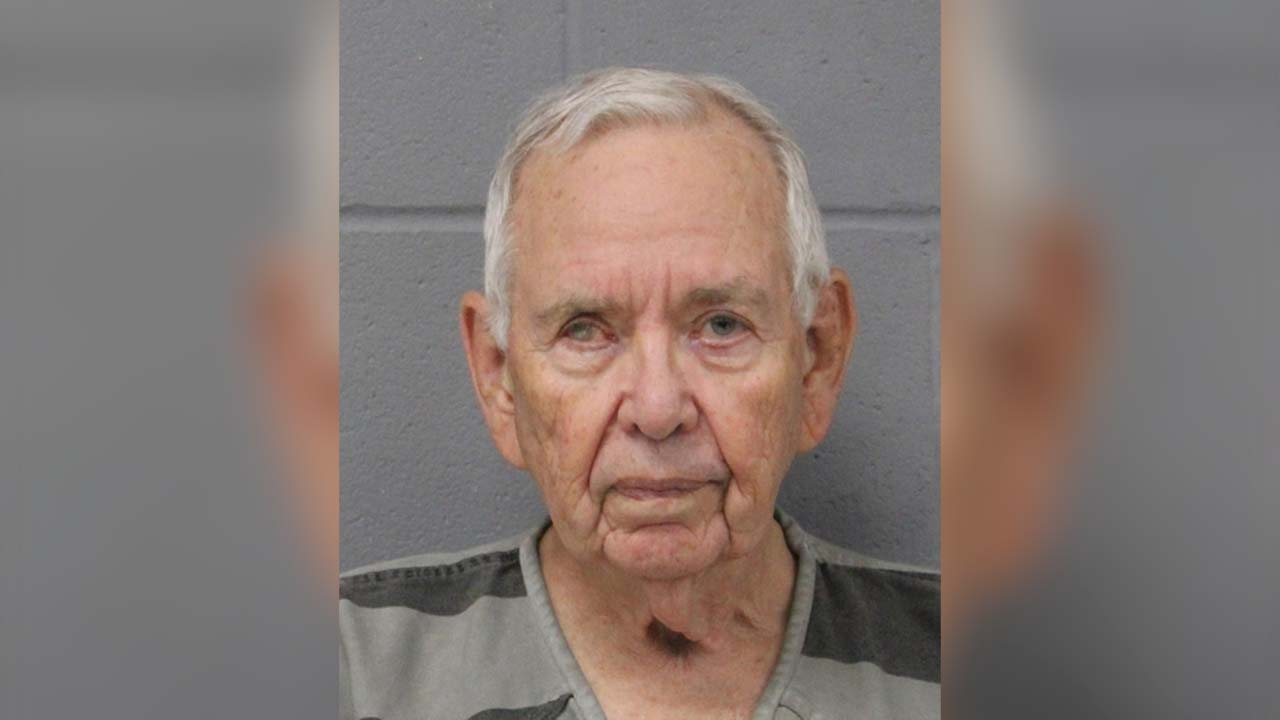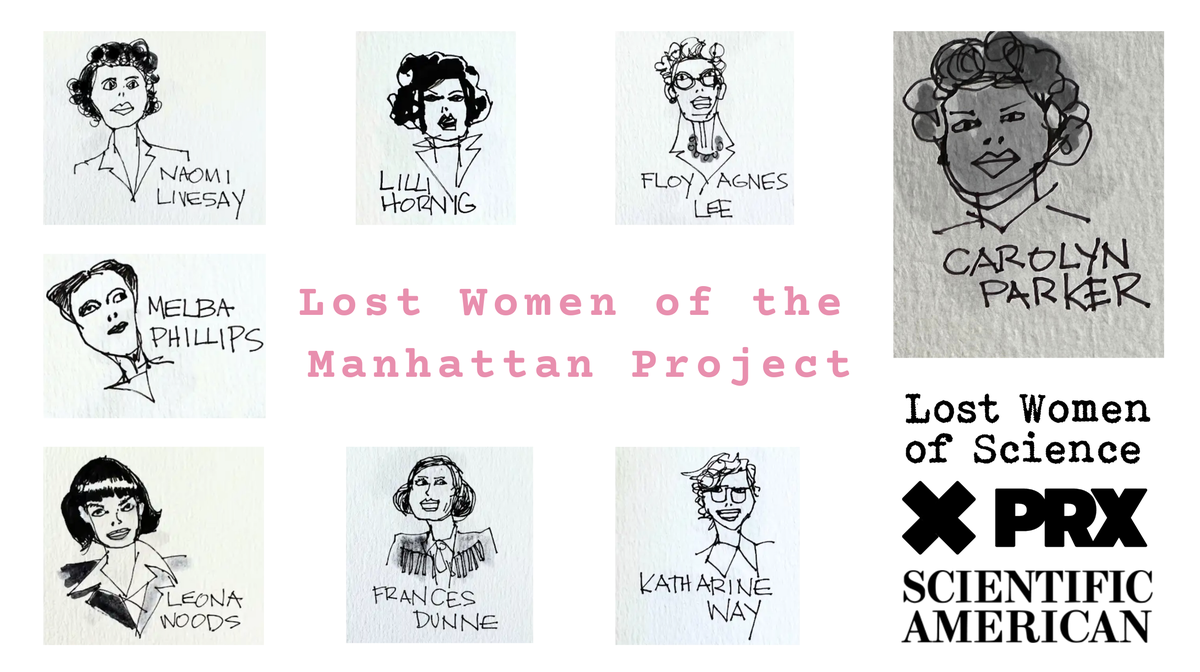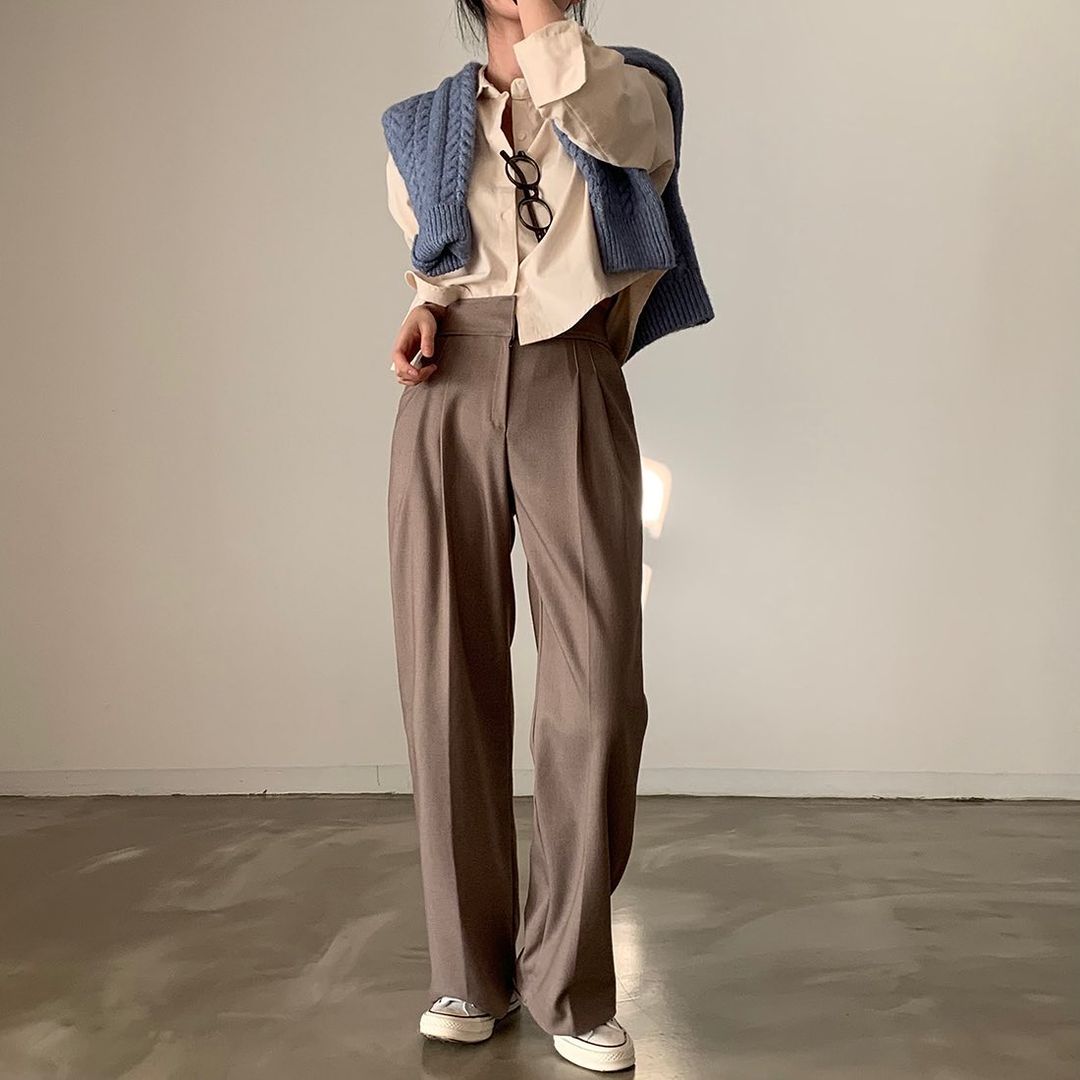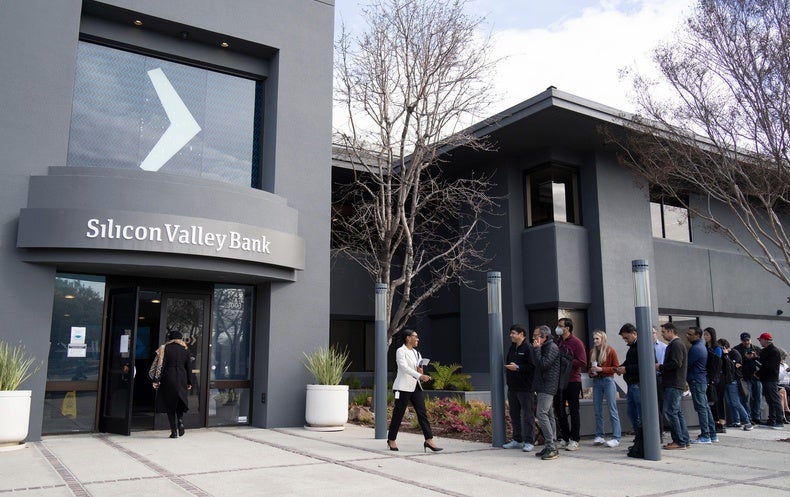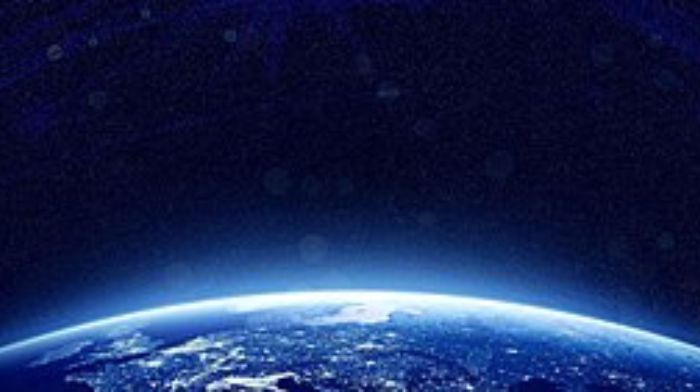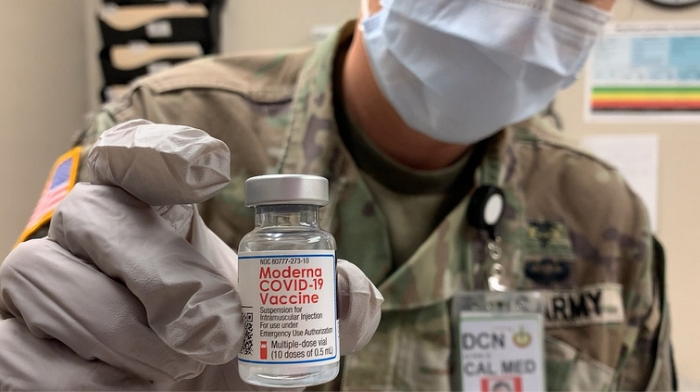
One of the most striking things about HBO’s new interpretation of Perry Mason is how different its approach is from the original Raymond Burr series. Other adaptations existed before the premiere of the 1957 TV show, but the long-running procedural drama cemented the image of Perry as a white knight of a defense attorney, making sure his innocent clients were eventually found not guilty.
But this 21st-century version of the character, Matthew Rhys says, is more complex. “I think Perry’s standpoint [in the original series] was a little more linear, in that he was like, ‘I’m the good guy here. I’ll take care of the bad guys and they’ll confess on the stand,” Rhys tells Consequence. “I suppose our Perry Mason is about the color gray. Mason has the same moral principles about right and wrong. I think he views his world and his life relatively simply — there’s right and there’s wrong. But it’s the gray in between that trips him up so violently at times.”
Season 2 follows up on Perry and his colleagues Della Street (Juliet Rylance) and Paul Drake (Chris Chalk) as they plunge into a new case that has all of 1932 Los Angeles in an uproar: The murder of the heir to an oil dynasty, with the chief suspects being two young Latino men from a local Hooverville.
“I feel like the show this season is definitely about these very isolated characters, learning how to create and garner trust with each other in the small community that they’re in,” says Rylance, “and either succeeding or failing and then taking what they’re learning and trying to expand that into the wider community around them. And that feels very current to today, obviously with the setting of a huge case and the corruption of LA and these huge political and legal situations that they’re faced with.”
Rylance says that returning for Season 2 was “really exciting, and felt really needed after this long break of COVID and so much upheaval in the world, and everybody feeling very uncertain about where we are, where we’re going, what we’re supposed to be doing, or even how to interact with each other. I think turning up on set and beginning the season with that framework was rich. It felt like there was a lot there to be mined that felt like a parallel universe to the show, and I think all the themes of this season have very much been born out of the period of time that we’ve just been in. So it felt kind of raw and pretty special.”
Chalk agrees, adding that he also felt “a sense of going home to hang out with your friends again, knowing that we would be dealing with big topics and themes, but knowing that the people that we’re dealing with them with are all on the same team is a cool advantage of a second season.”

